
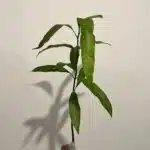

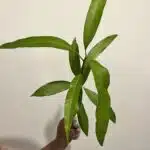

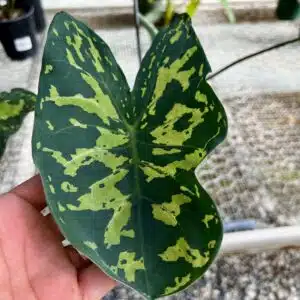
Mango Palmer ( manglifera ) tropical live fruit tree 1′- 2′ feet
$46.00 Original price was: $46.00.$35.99Current price is: $35.99.
Mango Palmer seedlings are grown from seeds of the Palmer mango variety, a well-known and prized mango cultivar that originated in Florida. The Palmer mango is cherished for its large size, vibrant color, and rich, sweet flavor. Although seedlings do not always produce fruit identical to the parent plant, the Palmer variety is often propagated this way in tropical and subtropical regions.
The Mango Palmer seedling tree can grow to a height of 15 to 30 feet, depending on the growing conditions and care it receives. Like other mango trees, it has a dense, upright growth habit with large, lance-shaped, glossy green leaves. Palmer mango seedlings are fast-growing and can establish themselves quickly in warm climates with the right care.
The fruit of the Palmer mango, once the seedling matures, is typically medium to large, with an elongated oval shape. The skin is smooth and turns from green to yellow-orange with a pinkish-red blush as it ripens. The flesh inside is juicy, with a deep orange color and a rich, sweet flavor, often with a mild tanginess. The flesh is generally fiberless or has minimal fibers, making it a popular choice for fresh consumption and culinary uses like smoothies, salads, and desserts.
Growing Mango Palmer from seedlings requires patience, as seed-grown trees may take anywhere from 5 to 8 years to start bearing fruit, in contrast to grafted trees, which usually fruit earlier. Seedlings may also produce fruit that is somewhat different from the original Palmer variety, as seed propagation can introduce genetic variability. However, many growers enjoy the process of growing mango trees from seed, and the resulting fruit can still be of excellent quality.
Mango Palmer seedlings thrive in tropical and subtropical climates where they can be planted outdoors in well-drained soil and full sunlight. The tree requires regular watering, especially during the first few years of growth, to help establish a strong root system. However, overwatering should be avoided, as mango trees are susceptible to root rot if the soil becomes waterlogged. Mulching around the base of the tree can help retain moisture and regulate soil temperature.
Once the tree is established, it becomes more drought-tolerant, but it will produce better yields if it receives regular water, particularly during dry spells. Fertilizing with a balanced fertilizer that is high in potassium and phosphorus can help promote healthy growth and fruit production, especially during the growing season.
Pruning Mango Palmer seedlings is essential to shape the tree and encourage healthy branching, which helps improve sunlight penetration and air circulation within the canopy. This practice not only enhances fruit quality but also helps prevent diseases and pests from taking hold. Pruning should be done in the early years to establish a strong framework and during subsequent years to maintain size and productivity.
Like all mango trees, Palmer seedlings are vulnerable to certain pests and diseases, such as anthracnose, powdery mildew, and mango scale. Regular monitoring and the application of organic or chemical treatments as needed can help protect the tree and ensure healthy fruit production.
In conclusion, growing Mango Palmer from seedlings can be a rewarding endeavor, although it requires patience and proper care. While the fruit from seedlings may vary slightly from the parent variety, Palmer mangoes are generally known for their excellent flavor, size, and quality. With the right growing conditions, care, and attention, a Palmer mango seedling tree can produce a delicious and abundant harvest in tropical and subtropical gardens.
Growing Mango Palmer seedlings can be a fulfilling and rewarding process for gardeners in tropical and subtropical climates. While grafted mango trees tend to be the more popular choice for consistent fruit quality and earlier fruit production, growing mango trees from seed has its own set of benefits. Seedlings are generally more vigorous, tend to be hardier, and can adapt well to a variety of growing conditions, which can make them more resilient against environmental stresses such as drought or disease.
Mango Palmer Seedlings Growth and Care:
Mango Palmer seedlings, like all mango seedlings, require proper care and attention during their early stages to ensure they grow into healthy, productive trees. Here’s an in-depth look at the key factors for success:
1. Climate and Sunlight:
Mango Palmer seedlings thrive in warm, tropical, and subtropical climates. The tree requires full sun to grow and produce fruit effectively. Ideally, the tree should receive 6 to 8 hours of direct sunlight daily to support healthy foliage and fruit development. Although seedlings can tolerate partial shade when young, they need ample sunlight as they mature to maximize growth and yield.
2. Soil Requirements:
Mango Palmer seedlings prefer well-drained soil with a slightly acidic to neutral pH (around 5.5 to 7.5). They grow well in sandy, loamy, or alluvial soils. Poorly drained or clay-heavy soils can lead to root rot and other issues. When planting, ensure that the soil is amended with organic matter to improve drainage and fertility. Raised beds or planting mounds can be beneficial in areas prone to waterlogging.
3. Watering:
Newly planted Mango Palmer seedlings require consistent moisture to establish strong root systems. Regular watering during the first few years is crucial, but be careful not to overwater, as this can lead to fungal diseases. Once the tree is established, it becomes more drought-tolerant, but regular watering during the dry season will help improve fruit production. A deep watering routine is preferable, allowing the soil to dry out slightly between waterings.
4. Fertilization:
Fertilizing Mango Palmer seedlings can support their vigorous growth. Young trees benefit from balanced fertilizers rich in nitrogen to promote foliage and stem development. As the tree matures and begins fruiting, a fertilizer high in phosphorus and potassium will support flowering and fruit development. Applying a slow-release fertilizer during the growing season, along with regular applications of organic compost, helps maintain soil fertility.
5. Pruning:
Pruning is essential to shape the Mango Palmer seedling into a strong, well-structured tree. During the first few years, pruning focuses on creating a balanced canopy with well-spaced branches. This not only improves air circulation and light penetration but also makes the tree easier to manage when it starts bearing fruit. Pruning after harvest helps remove any dead or damaged branches and promotes new growth for the next season.
6. Pests and Diseases:
Like other mango trees, Mango Palmer seedlings are susceptible to pests and diseases, including fruit flies, scale insects, anthracnose, and powdery mildew. Preventative measures such as regular monitoring, using neem oil or other organic treatments, and ensuring good air circulation can help keep the tree healthy. Timely application of fungicides may be necessary in regions where fungal diseases are common, especially during the rainy season.
7. Time to Fruit:
One of the main challenges of growing Mango Palmer from seedlings is the wait time before fruit production. It typically takes 5 to 8 years for a seedling tree to begin bearing fruit, compared to 3 to 4 years for grafted trees. However, seedlings often produce more vigorous trees with deep root systems, which can contribute to a longer lifespan and overall resilience.
8. Fruit Characteristics:
While Mango Palmer seedlings may not always produce fruit identical to the parent tree due to genetic variability, the fruits are still likely to have many of the desirable characteristics of the Palmer variety. Palmer mangoes are known for their large size, elongated shape, and a skin that turns from green to yellow with a reddish blush when ripe. The flesh is typically deep orange, juicy, and sweet, with minimal fiber. Seedlings may produce slightly different shapes or sizes of fruit, but they generally maintain a high-quality flavor.
9. Uses of Mango Palmer:
Mango Palmer fruits are incredibly versatile. They are commonly eaten fresh, enjoyed for their rich, sweet flavor and smooth texture. They are also excellent in smoothies, salads, and tropical desserts. The fruit can be used in jams, chutneys, and sauces, as well as dried for a delicious snack. Additionally, Mango Palmer’s large, fiberless flesh makes it perfect for juicing and other culinary uses.
Cultural Significance and Sustainability:
Mangoes, including the Palmer variety, hold cultural significance in many tropical regions. They are often associated with abundance and prosperity. In places like India, the Caribbean, and parts of Africa, mango trees are part of traditional agriculture and are celebrated in festivals and cuisine.
Mango Palmer seedlings also represent an opportunity for sustainable farming practices. Mango trees have long lifespans, produce abundant harvests, and require relatively low maintenance once established. This makes them an excellent choice for small-scale farmers and home gardeners looking to grow sustainable food sources in tropical regions.
In conclusion, growing Mango Palmer from seedlings can be a rewarding experience for gardeners who are patient and willing to nurture their tree over several years. The resulting tree may have unique characteristics due to its seedling nature, but with the right care, it can produce delicious, high-quality fruit for decades. Whether grown for fresh consumption or culinary creations, Mango Palmer seedlings provide a tropical treat that is sure to be enjoyed.
| Weight | 10 oz |
|---|---|
| Dimensions | 22 × 4 × 4 in |
| Planting Bag + Soil |
Planting bag + Soil ,I have soil and container |


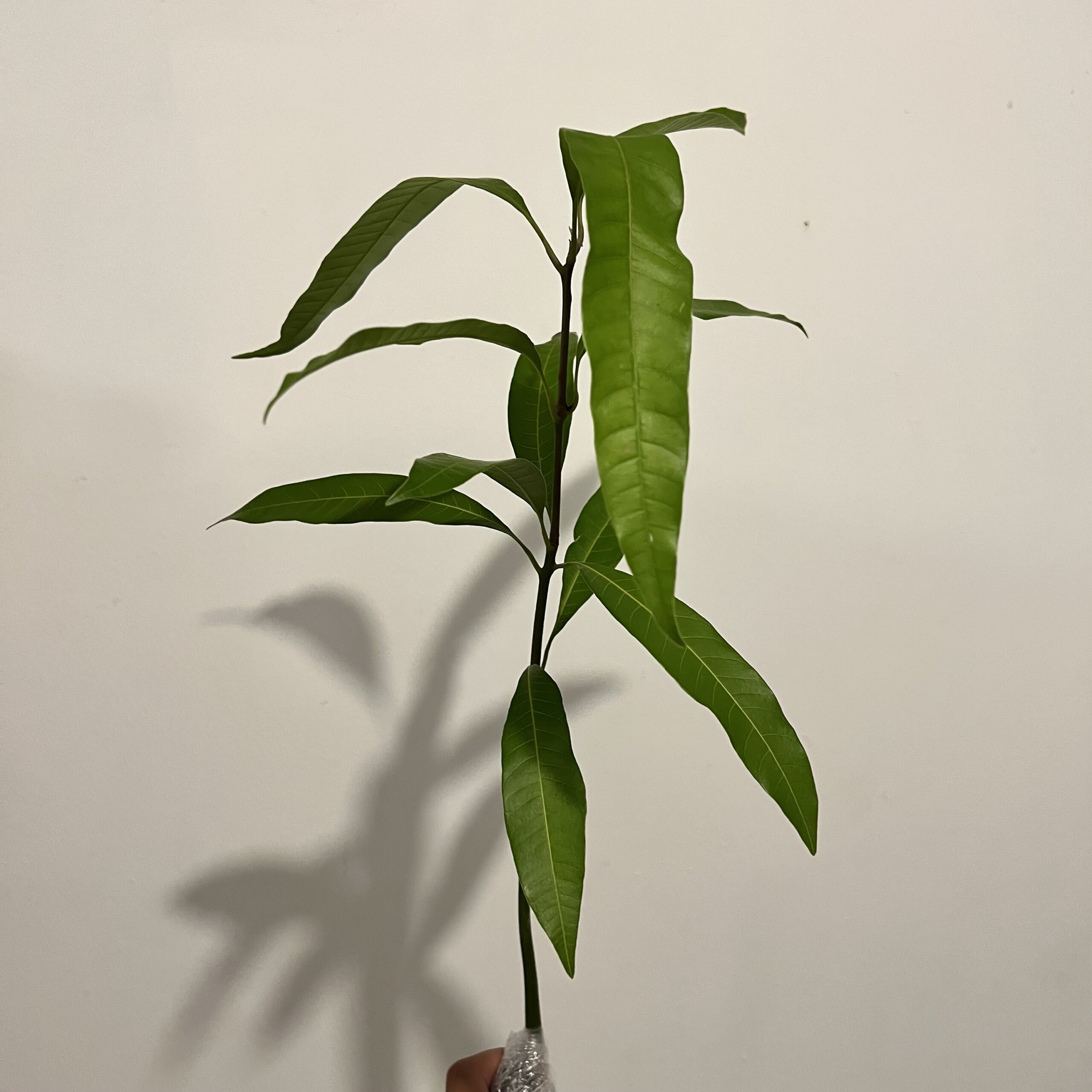
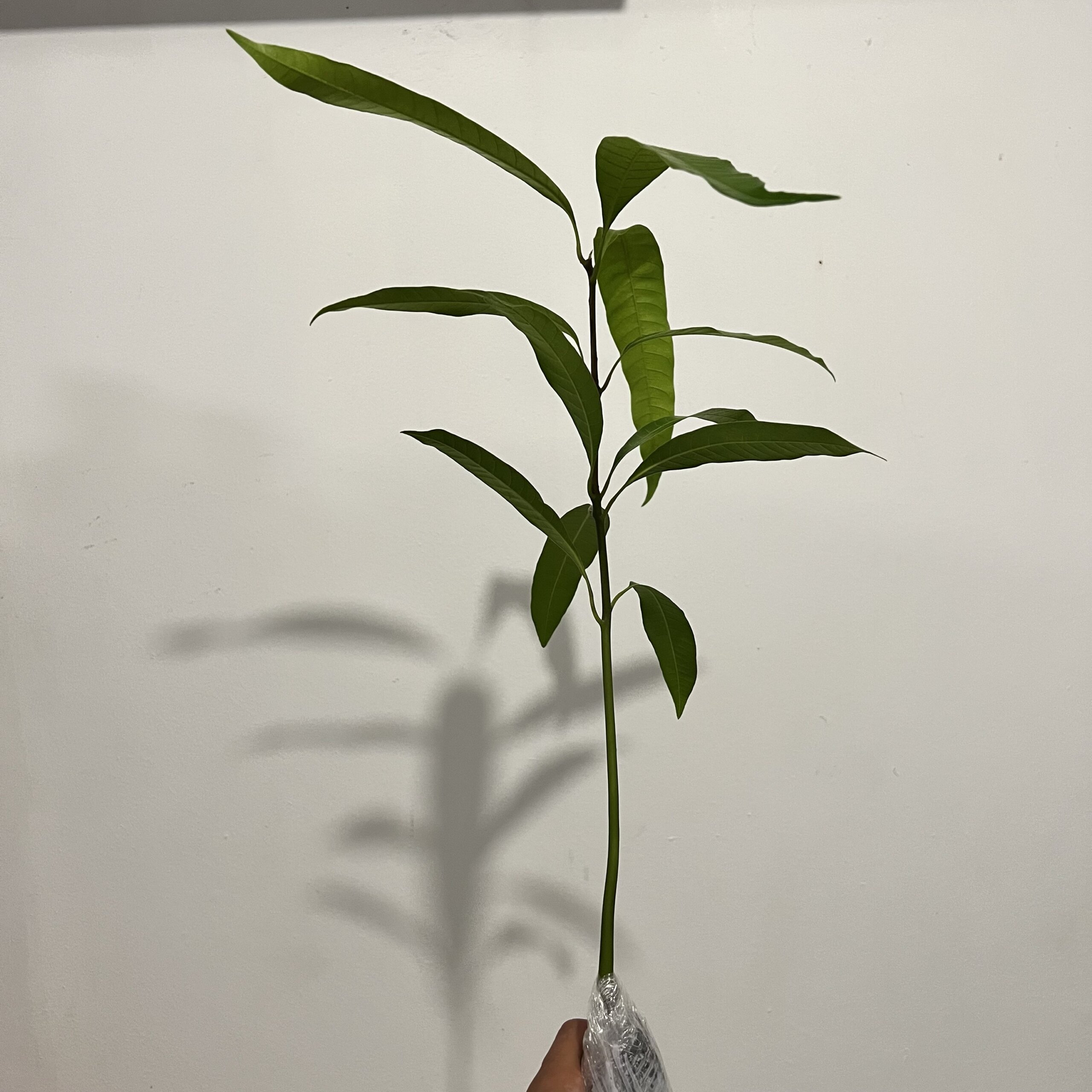
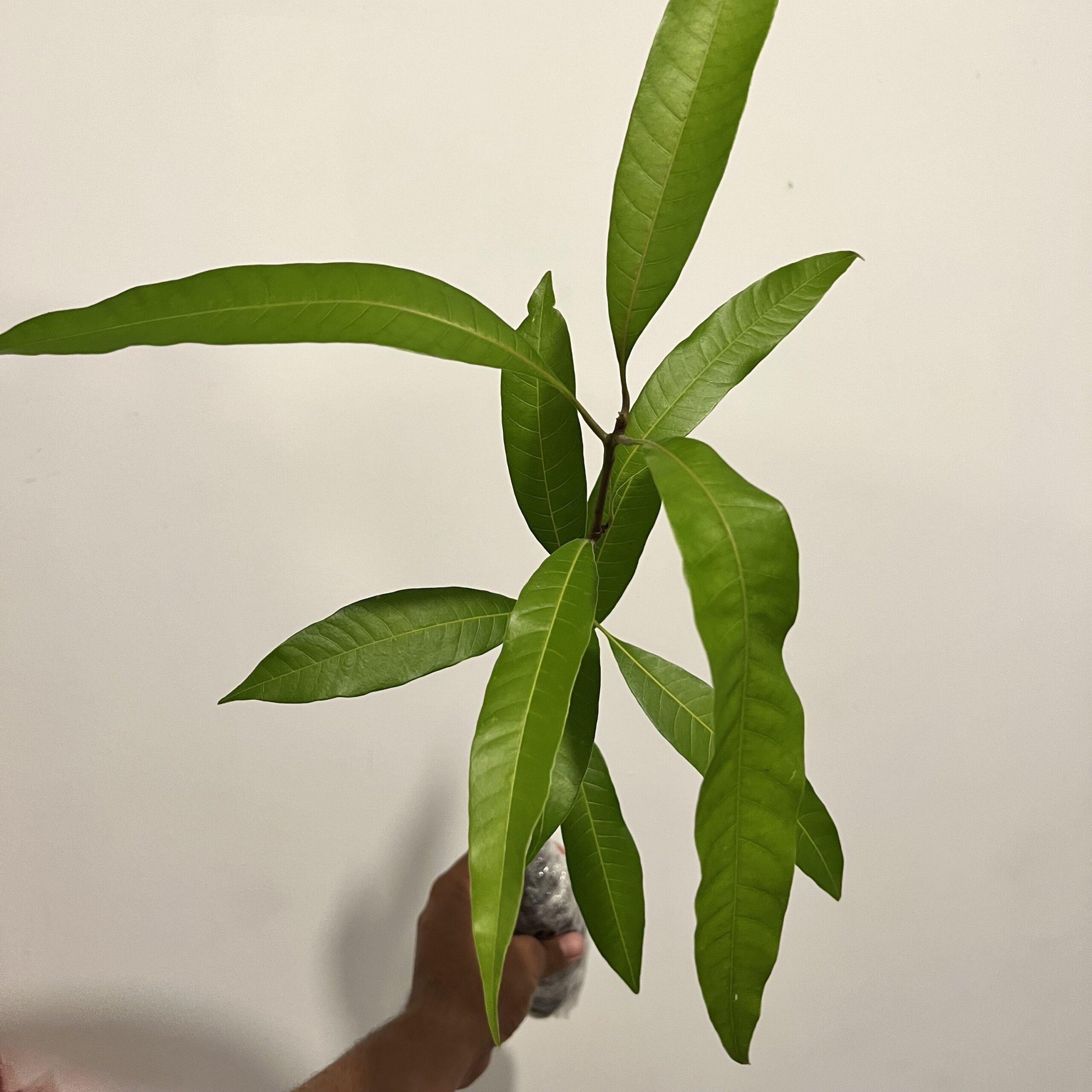
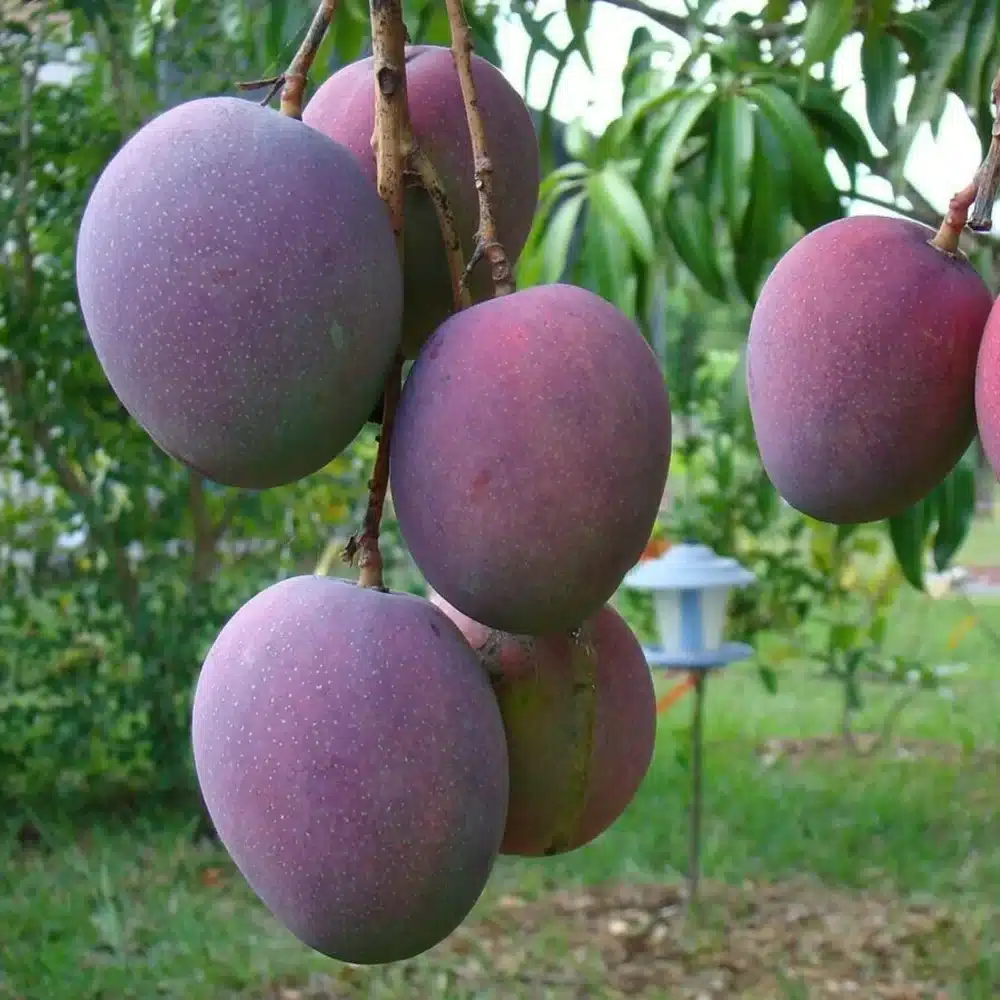
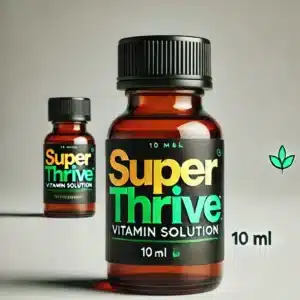


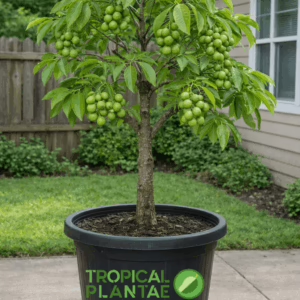
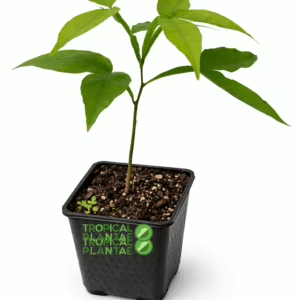


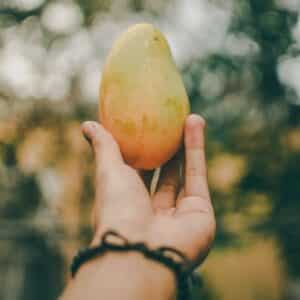

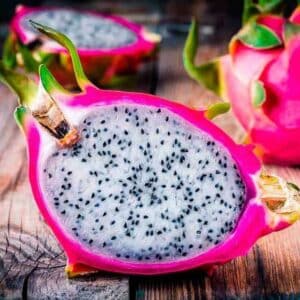
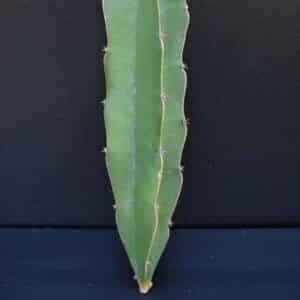
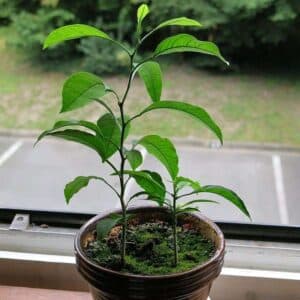
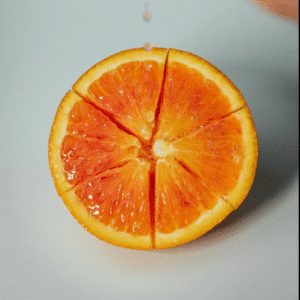
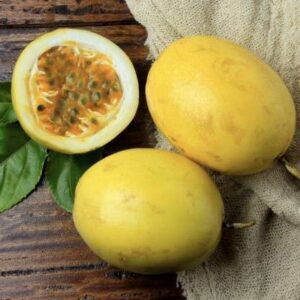
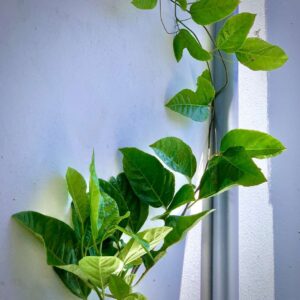


Reviews
There are no reviews yet.